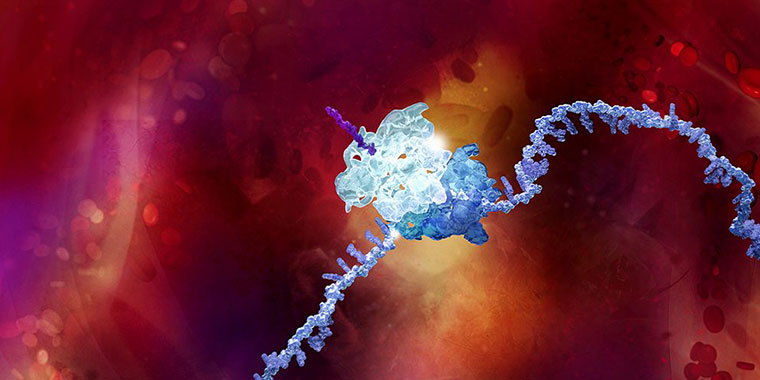Heart failure is a severe and progressive epidemic that impacts millions of individuals around the world. In fact, it’s among the leading causes of death due to cardiovascular disease. Fifty percent of those diagnosed with the disease will die within five years and, after 10 years, nine out of 10 patients are deceased.
Given the limited medical options available to those who have been diagnosed, researchers at AstraZeneca have focused extensive research and resources on developing a treatment that sounds like the stuff of science fiction – helping the heart repair itself.

